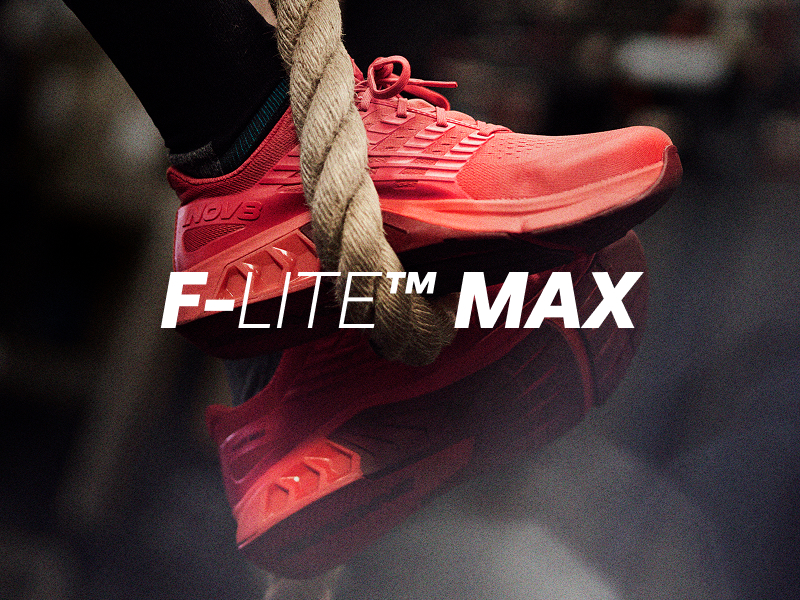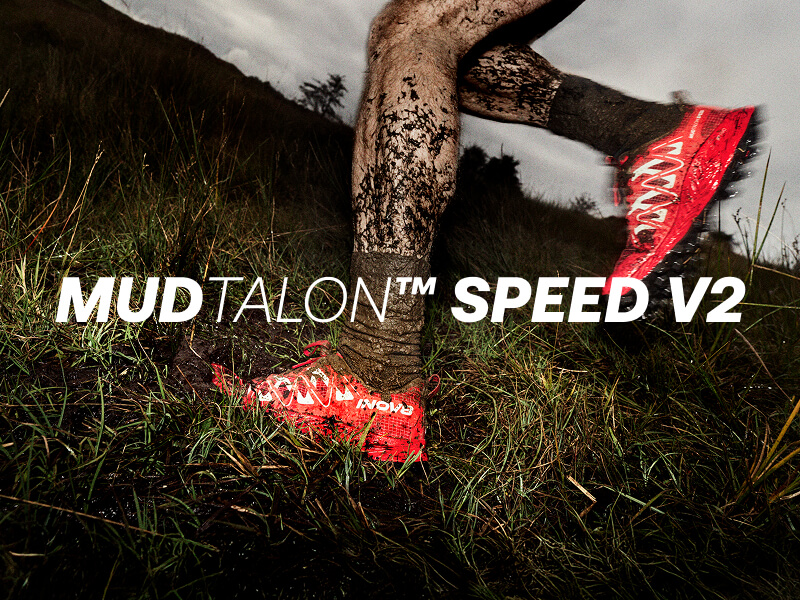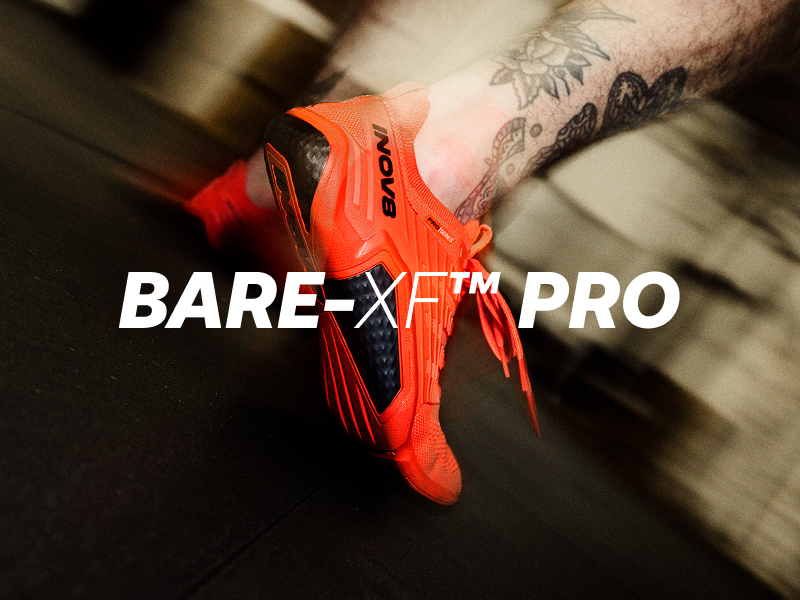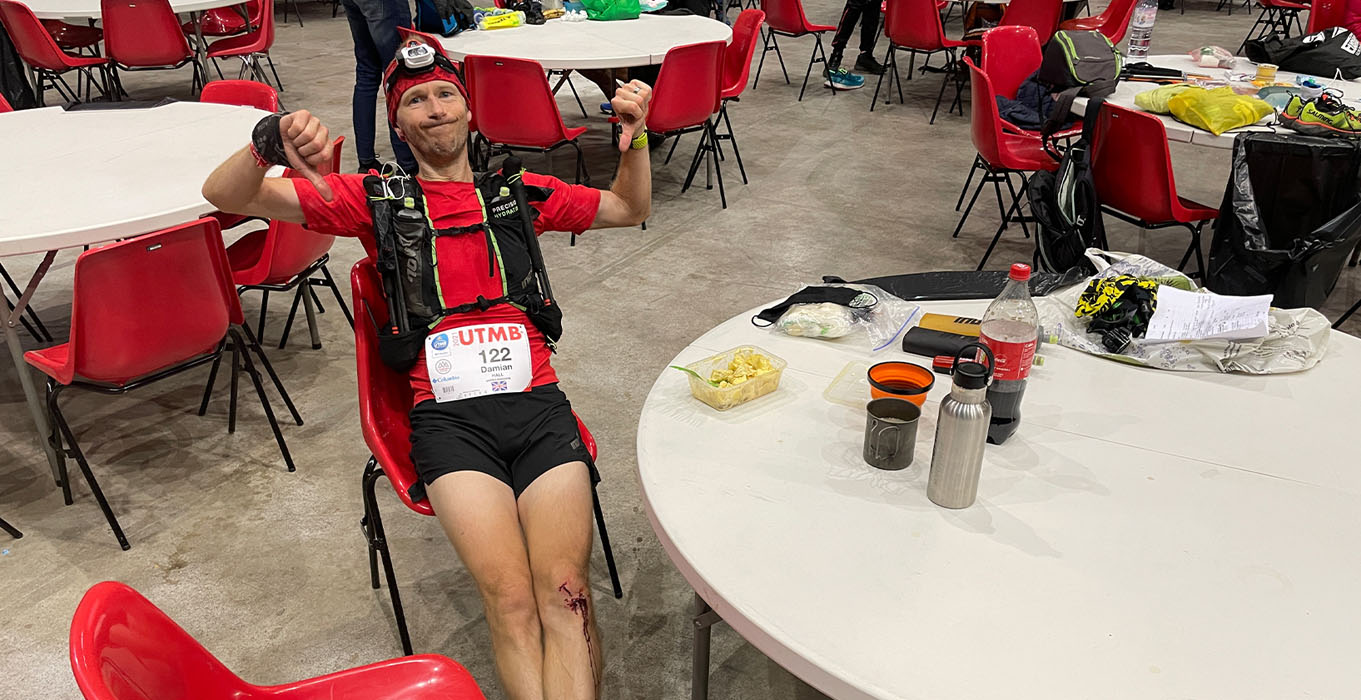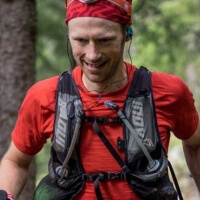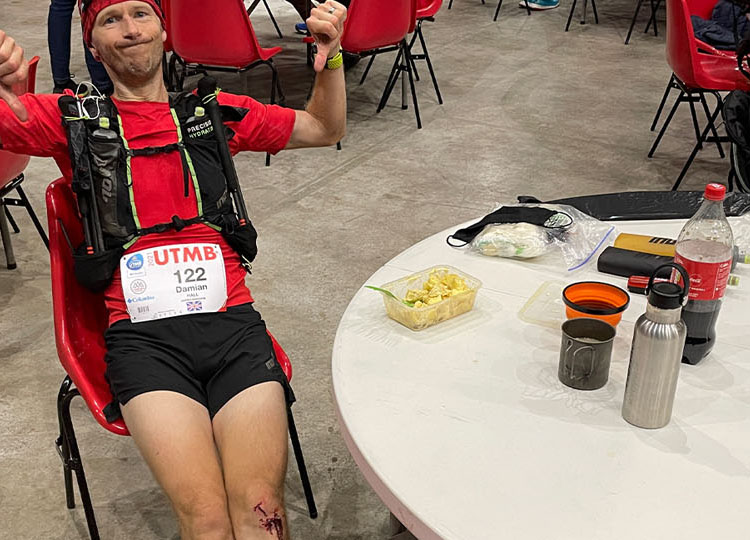
At the 2021 Ultra-Trail du Mont-Blanc (UTMB®) I had my first DNF (Did Not Finish). I've completed more than 50 ultra-distance races and challenges (I DNF every time I try to count them up) over nine years, but this was the first time I’ve quit.
I wasn't injured. It was my mind that stopped me. At 3am in Courmayeur (approximately halfway through the 171km race), I just had a strong feeling that I did not want to go on. I had some minor physical issues, but that's par for the course. I just had no desire to bash myself up for another half a day, for an outcome that didn't seem worth it. I took off my ultra running shoes and handed in my bib number.
This isn't meant to read like a list of excuses, more a list of what I've learned. Hopefully some of it will apply to other runners too...
Too much of a good thing?
It was my fifth UTMB® in seven years. It’s the world’s biggest ultra running race and I was really excited to be there. But after a 5th place finish last time (in 2018), the parameters of what I deemed a success were narrow.
I can see now that I had little desire to finish just for the sake of it. I'd completed the loop four times (five, including a recce) and punishing myself for another 14-plus hours to finish outside the top-20 wasn't going to be a satisfying outcome or teach me anything.
I've faced similar scenarios before, such as the Transgrancanaria race in 2019, but then it was still exciting to see the rest of the course, and I still felt compelled to complete it.
Portentously I said to a friend beforehand that I almost needed a bad UTMB®, to be able to move on. My previous four races had all been such overwhelmingly positive experiences. Finishing just for the sake of finishing just didn't mean enough to me.
Low mood, eat food
My motivation wouldn't have nosedived so far and fast if I'd been fuelling well. I had no crew until Courmayeur and this was my first major race since going Full Annoying Vegan. I was reluctant to just grab nosh from aid stations without knowing what was in it (I did ‘cheat’ once with a cookie and should have just taken a bunch of them.)
We've since calculated I was consuming 42g carbs/hour when I needed double that. At least 20% of calories we take in are used by the brain – and it’s when we're not fuelling it that we make decisions with the emotional part (the amygdala or ‘the chimp’) rather than the rational part (prefrontal cortex). When my mind was under-fuelled, it allowed the chimp to take over and bombard me with negative messages, encouraging me to quit.
‘Low mood, eat food’ is a race mantra of mine. But I ignored it. A great reminder just how important good fuelling is.
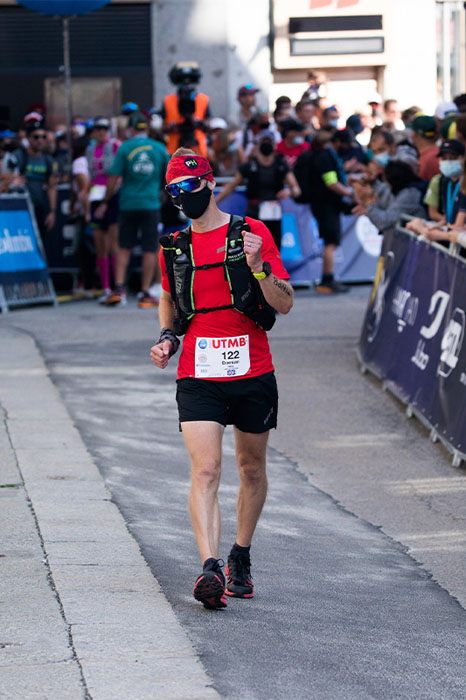
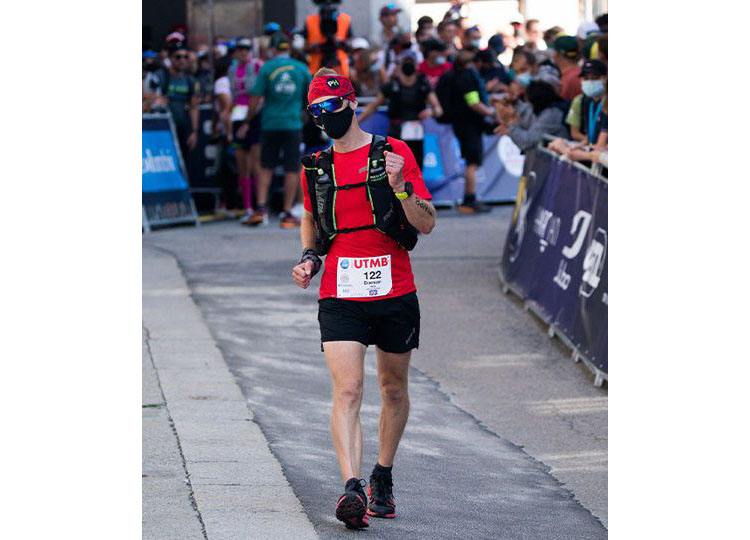
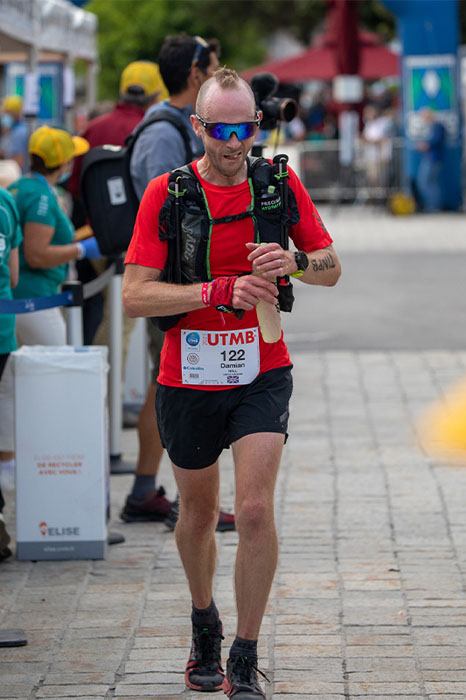
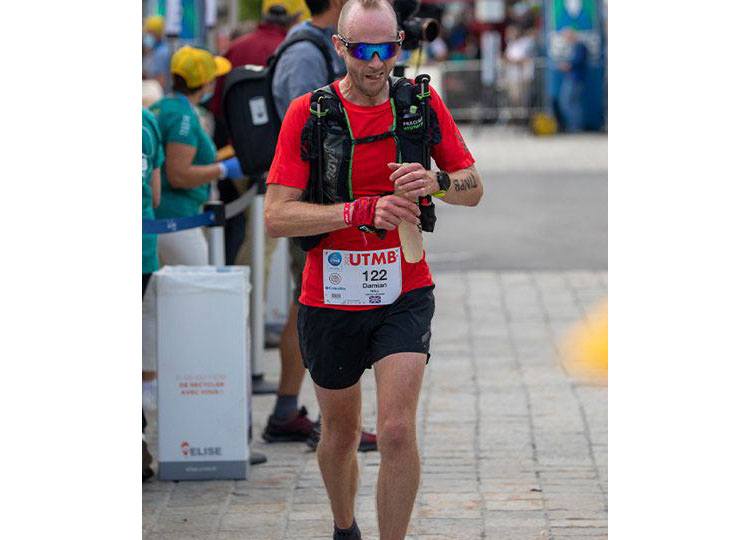
Risk-taking
I ignored the signals partly because I was keen to take a risk. Traditionally I've been a tortoise racer, which has brought me top-10 placings in Ultra-Trail World-Tour races such as Lavaredo, Madeira and Eiger. I felt like I'd maxed out that approach, which usually placed me 6th or 7th, and was interested in experimenting a little, taking more risks.
I used to consider pacing, fuelling and mindset to be my strengths (it's certainly not raw athletic talent, big muscles or handsomeness). Time to go back to basics? Bugger that. I still plan to take risks. I just need to take risks smarter.
Goal setting
Goal setting is key. It was always going to be a seriously hard ask to better or equal my 5th place finish. I would have been happy with anything in the top-10 ,and top-20 was okay(ish) too. But you can’t control what other runners will do, so sports psychology encourages performance goals (time targets) rather than outcome goals (placings – a natural result of your performance).
At UTMB® I was aiming to run a sub-22-hour schedule, a little bit faster than I did in 2018, which should consequently place me in the top-10. But as I sunk into that calorie deficit, I thought emotionally about my outcome goal, which looked to be slipping away. When really, rationally, I wasn't far off my performance goal. Finishing in under 23 hours would still have likely meant top-20. I should have concentrated more on what I could control, performance goals rather than outcome goals.
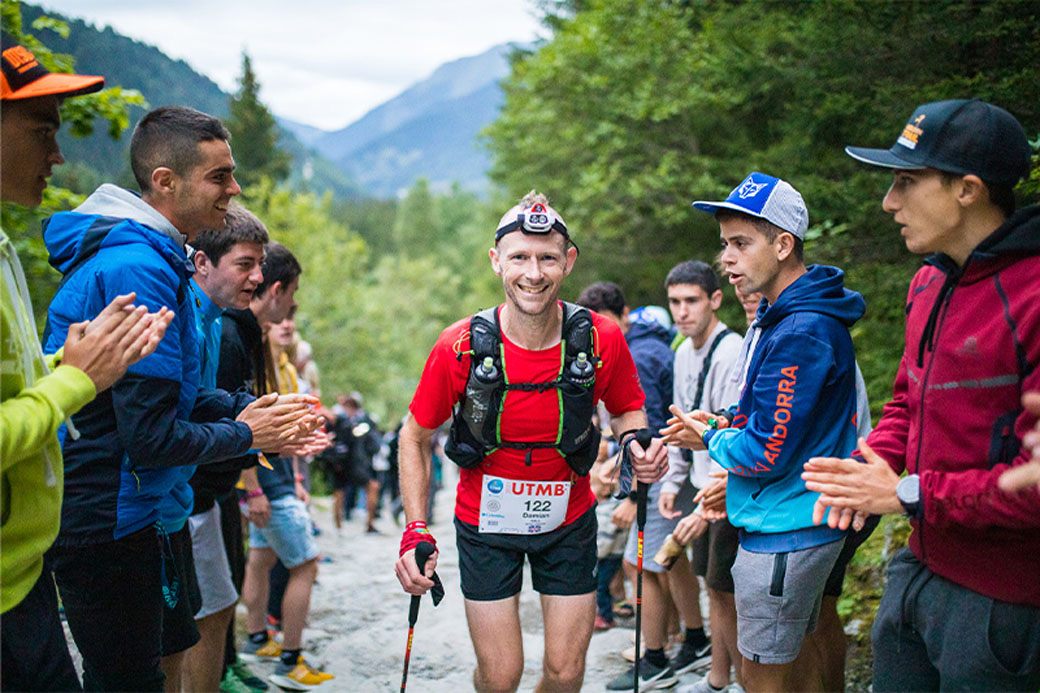
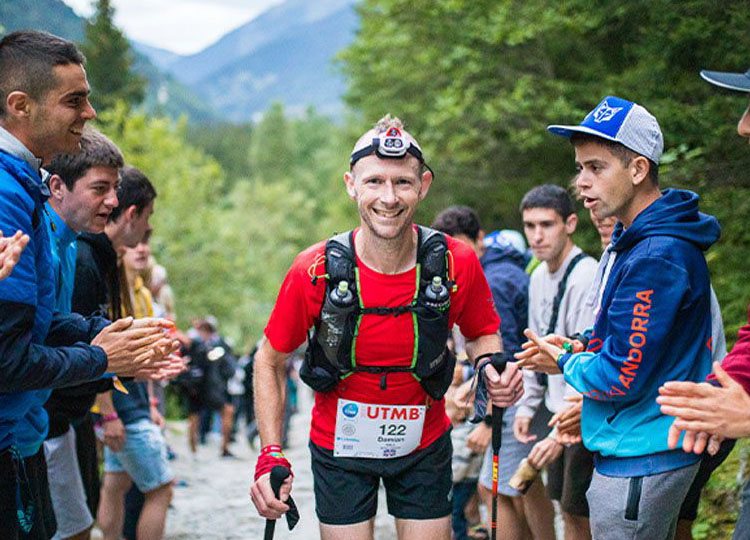
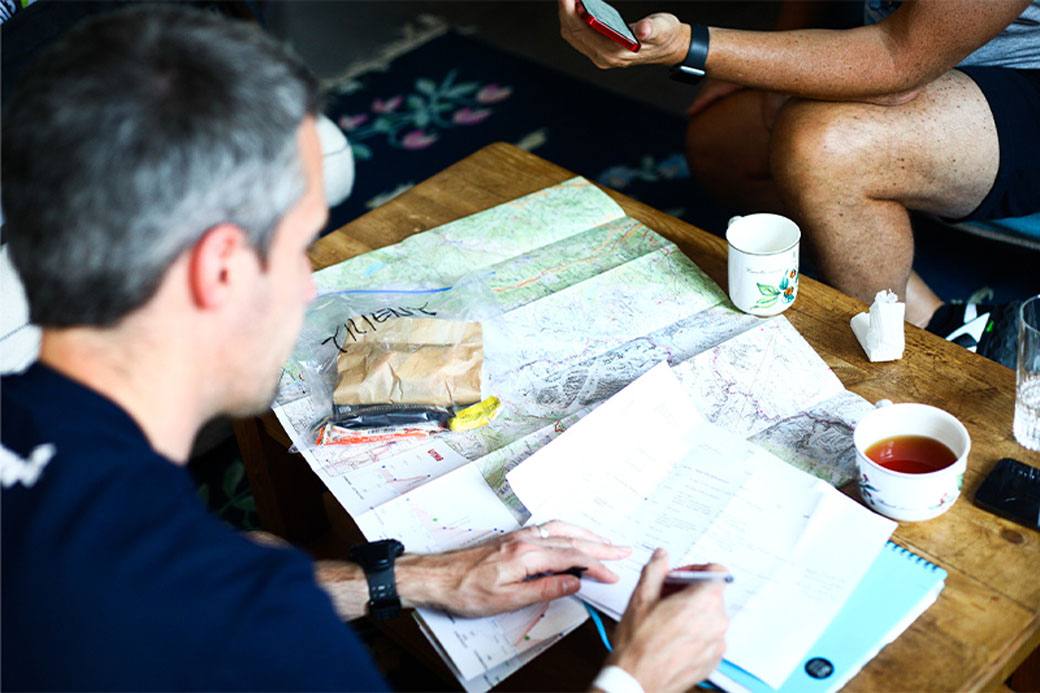
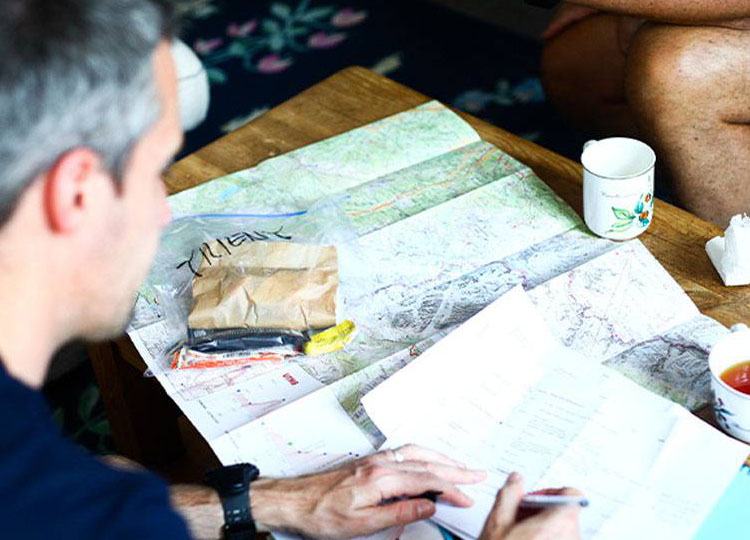
Principle problem
I'm trying to be a more ethical athlete and I'm audited by Our Carbon to make myself, and my family, carbon negative. The main things I do is eat a vegan diet and try to keep travel emissions down – travel and food will be about 50% of most people's carbon footprint.
I haven't flown for two years and when I do so again as an athlete it will only be for a special race where alternative transport isn't feasible. A recce of UTMB® this year would likely have been a significant advantage in my ultramarathon training, as it was in 2018, but due to various complicating factors it was only possible if I flew out. But that just didn't feel right, for me. Would I change that now? No. Compromising my principles for a better result wouldn't have felt good, I don't think. (Let's keep that naughty cookie a secret between us, shall we?)
How much does a DNF matter anyway?
I'm a bit sad I no longer have a 100% finish record. But almost no one else has one either. It matters in that I hate the feeling of letting people down, especially the INOV8 guys who were out there crewing me, and many other kind folk who helped me prepare and sent me messages.
But in the TDS® race, tragically a runner took this last ever step in the mountains. So, in that context, quitting a race with my health intact (bruised ego aside) seems a very trivial complaint. It was only a race. I'm still alive and healthy.
Health
Talking of health, racing 100 miles in the mountains really isn't that healthy. This sport is full of burn-outs and I don't want to join the list. One of the most satisfying things in ultra running is overcoming adversity. But it doesn't mean we should do so every single time. Stopping when a challenge no longer feels meaningful is a smart decision health-wise. Though I don't plan to make a habit of it.
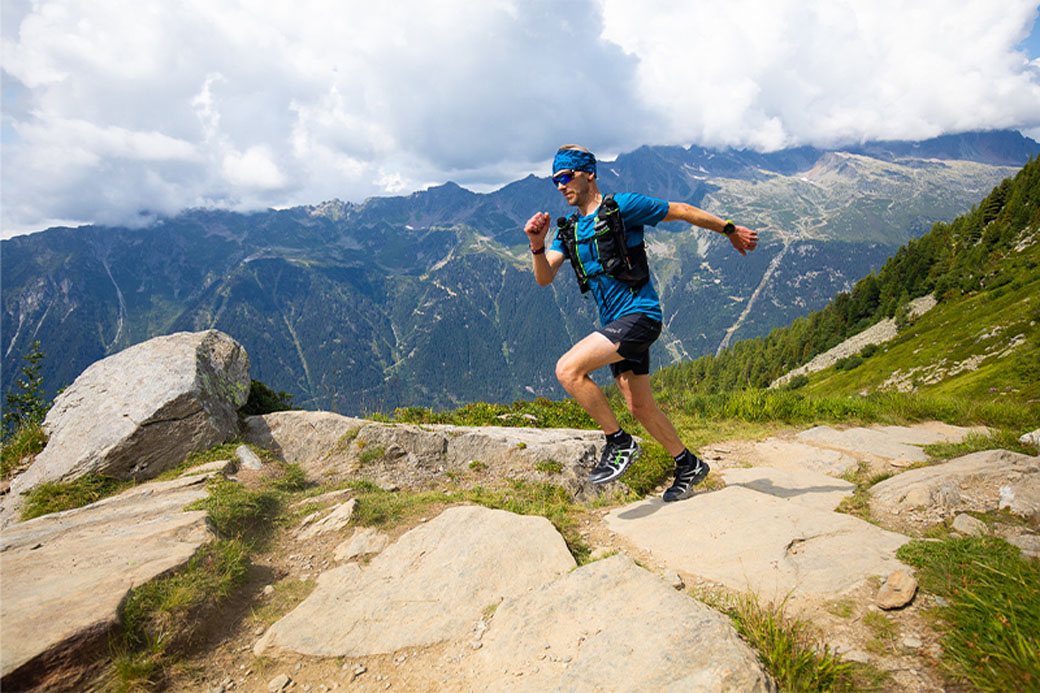
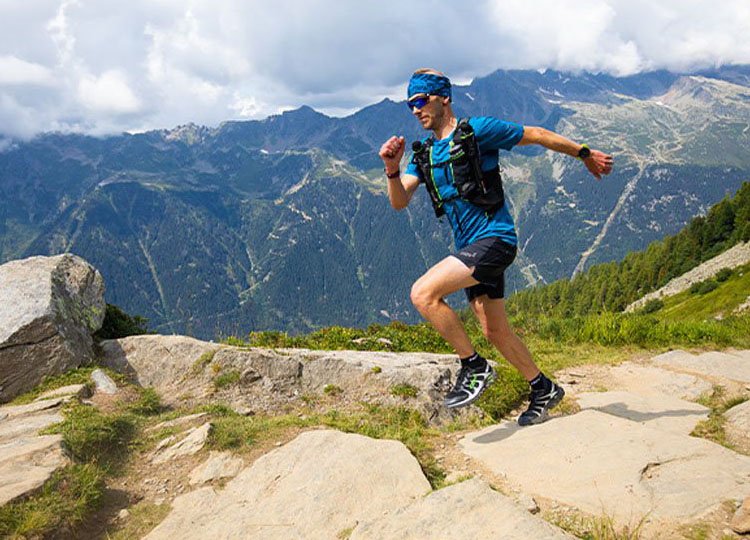
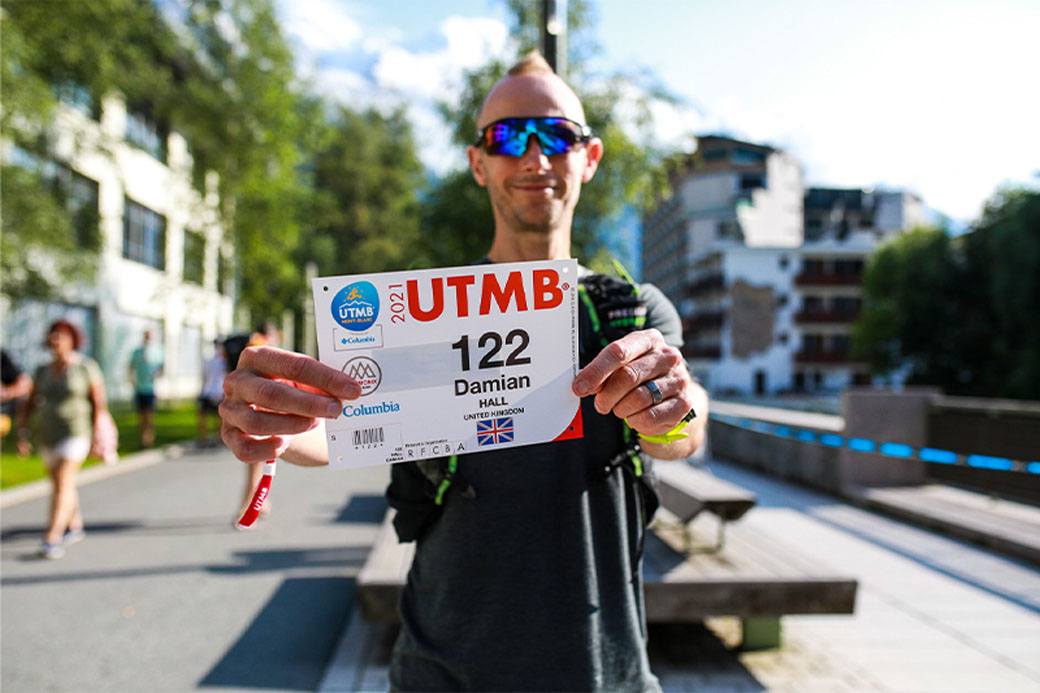
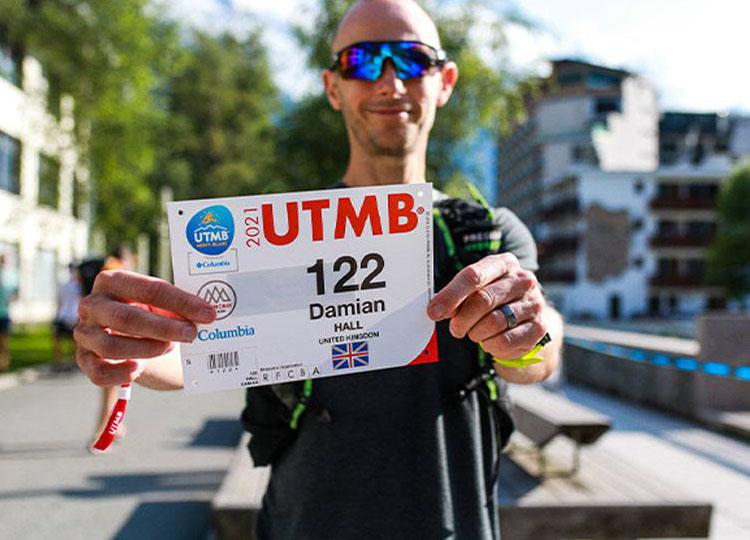
I love this shit
The fact I failed is a reminder of why I love this sport and its ability to humble us. Sport inherently must have success and failure. If this stuff was easy, everyone would be doing it. I love this stuff exactly because it’s hard and sometimes it doesn't go the way you hoped. The next one may go wrong too. And I won't love this shit any less.
*Damian wears our TERRAULTRA G 270 shoes with Graphene, giving him the world’s toughest grip. Check them out here: Men’s ultra running shoes | Women’s Ultra running shoes. He also uses our RACE ULTRA PRO 5 VEST and kit from our running clothing range.
*Photos from 2021 UTMB® by Jamie Rutherford.


